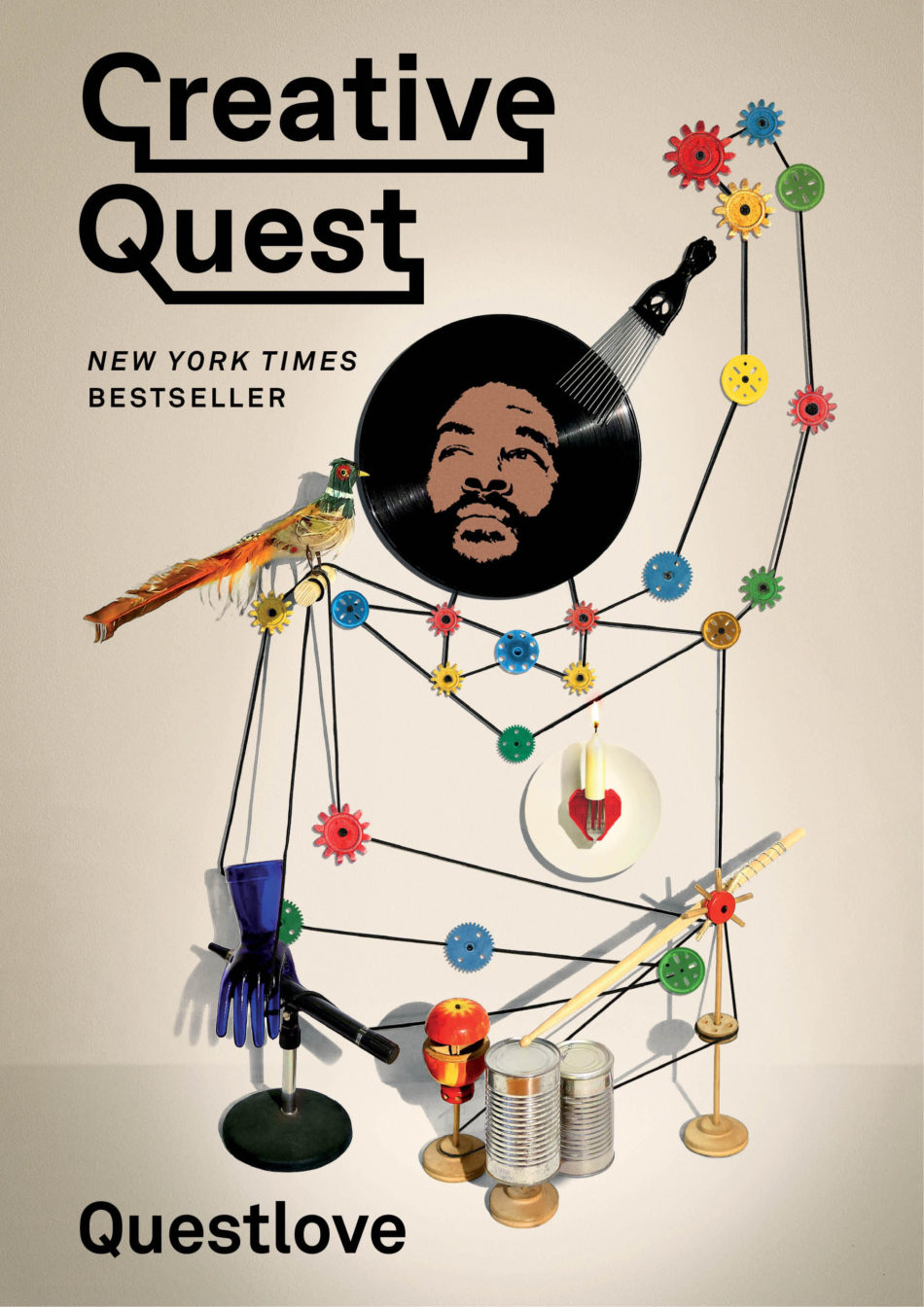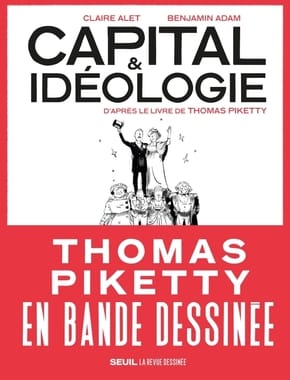New Month, New Platform
We're now on Ghost.

Things I’ve Learned from Mad Zany Musings has officially migrated to Ghost. Check your spam folder or the Promotions tab if you don’t find the newsletter in your inbox.
If you’re new to Things I’ve Learned, welcome! I’m still figuring out the frequency of this newsletter, but expect one roughly every fortnight for now. I also hope to write some more researched pieces and essays about the impact of tech and creativity in the near future. You’ll be the first to know about them when they’re ready.
There are still some wrinkles to iron out in Ghost, but you can find MZM’s new home here.
If you notice a broken link or typo, please reach out. My brain always melts after a certain time.
Have a question, idea, or suggestion? Just hit reply and drop me a line. It’s always a pleasure to hear from you! And thanks for sticking around during these bumps and changes.
While migrating old TIL posts last week, I stumbled upon these two quotes by George Saunders, which got my brain popping again.
On succeeding as a writer:
So much of this artistic life, I think of as self-gaming. You’ve got a chance to tell yourself all kinds of stories about what you’re doing. If you tell yourself the right stories, you become more positive and powerful. If you tell yourself the wrong stories, you don’t. - George Saunders on The Active Voice
On the power of observing your own mind:
As you get older, it’s fascinating that you’ve been the prisoner of this mind and body all these years, and had beautiful experiences and rough ones. At some point it’s like someone gives you the owner’s manual and goes, ‘Look, your mind is making all of this chaos and all this beauty. You might want to take a little minute and see what that thing is like from the inside'. - George Saunders on The Active Voice
Self-gaming has been essential for my growth as a writer over the past years. Everyone has an inner critic, but I used to think mine was louder than others. Then, I realized it came with a volume button I could adjust. Understanding this took me some time, and I still occasionally forget a dial exists. Yet, when I carefully observe and read my "owner's manual," I usually find the solution I'm looking for.
Lately, as I watch what's going on in the world, I wonder how this might apply on a larger social, economic and environmental scale.
What sort of stories are we telling ourselves? What are their origins and intentions?
Dominating voices in our global online and offline worlds currently control the narrative. Yet we shouldn’t confuse dominating as being reasonable, correct, or of the majority. If you pay close attention, you’ll notice that your inner critic is often an internalized version of these external views.
How can we enhance our ability to observe these dominant voices and discover more equitable and holistic solutions for all? I have some ideas, but I'm curious to hear your answers.
In case you’re wondering, I’m still planning on sharing my thoughts about why I’ve moved the newsletter off Substack. It’s taking longer than expected because I went down a research rabbit hole, and realized Substack has more than just a Nazi problem. It also takes time (at least for me) to write a thoughtful, well-argued piece. (Now I know why the Internet is flooded with cheap responses and lazy logic: it’s simply easier to do so!)
In the meantime…
A few things worth sharing:
Books
- Questlove gained fame as the drummer and co-frontman for the hip hop group the Roots, which also is the acting in-house band on the Jimmy Fallon Show. I didn’t realize how talented or multidisciplinary he was as an artist until I read his book, Creative Quest. I look forward to reading his other work on food and music next.

- Thomas Piketty’s international bestseller, Capital in the Twenty-First Century, is over 700 pages long. Despite my genuine interest in his work on long-standing economic inequities, I knew I wouldn't read that massive text. So when I saw his next book, Capital and Ideology in a graphic novel format, (currently only in French), I picked it up right away. Piketty’s study of wealth distribution is eye-opening and informative. I’ve since started reading A Brief History of Equality, which “reminds us that rising inequality is not inevitable”. It’s indeed much shorter, but still as riveting at only 288 pages. I’m glad he’s making his work more accessible now.

- Writers and Lovers by Lily King and Boulder by Eva Baltasar are two contemporary novels, with themes that may or may not resonate with you. But their irresistible prose makes my skin tingle. It’s the type of fiction that is easy to read AND brilliantly written. Something I hope to achieve one day.
Movies/TV
- Poor Things: One of the best films I’ve seen in the last twelve months. Prepare to experience a range of emotions, from uneasiness to laughter, while holding your breath the entire time. It’s a wondrous and surreal feminist tale, with exceptional artistic merit on all fronts. Poor Things is an absurd film with intricate depth and beauty, which may not suit everyone's taste, but Yorgos Lanthimos fans won’t be disappointed.
- The Brothers Sun: A dramedy about a Taiwanese-American gangster family with lots of fights scenes à la Jet Li. It was entertaining, despite some minor imperfections. It also made me crave Chinese pastries, which I miss dearly. The best part is the main takeaway: Don’t mess with old Chinese ladies.
Ear Candy
- I’ve been re-listening to Gotan Project these days.
- For an alt-rock/indie mix, I recommend The Bear’s official soundtrack. The show is enjoyable too.
Do you have any good reads or ear candy to share? What sort of self-gaming methods do you use? How might we design methods that can serve us on a broader social scale?
Let me know. I'm excited to hear from you.
Happy writing, happy creating!
G.G. Law





